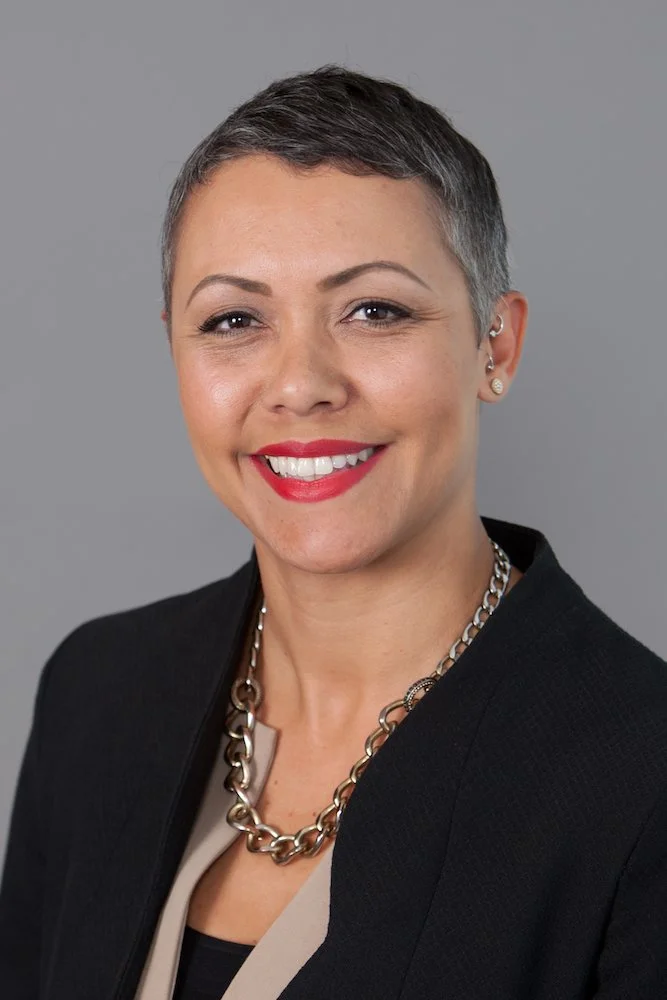How Are Chicago Tech Companies Giving Back Locally?
/photo: Monkey Business Images/shutterstock
Chicago has a bustling tech sector, and many of these diverse businesses are giving back to local causes. The tech industry’s contributions range from teaching coding to financial investments, with a focus on youth and education. The Windy City’s 100 largest digital tech companies employed almost 48,000 people in 2017, up 7000 from the year before. Many of these employees volunteer their time in their communities, with corporate support.
Built in Chicago keeps a finger on the pulse of tech-based philanthropy in the city, and in June 2018, it tagged four new companies as notable givers, adding to several it has highlighted in the past, as covered by IP.
Uptake creates predictive analytics tools for industries including manufacturing, energy and transportation. Uptake was founded in 2014, and soon after, co-founder and CEO Brad Keywell launched a philanthropic and civic engagement branch called Uptake.org. It focuses on developing new applications for nonprofits. It created a “college-matching solution” for underserved students; an anti-human trafficking app, which is in use on the Nepal-India border; and an image-classification tool conservationists can use to monitor species.
“We are demonstrating the value of developing technology specifically to meet the needs and opportunities of the social sector,” Keywell and Uptake.org Director Andrew Means write in their manifesto.
Uptake provides professional development for data leaders at nonprofits and mentors local students. Keywell also founded Chicago Ideas, a nonprofit “ideas platform” that curates content and hosts events including an ideas festival. He and his wife Kim are part of the Giving Pledge.
KAR is an automotive marketplace. Its technologies are used by car manufacturers, insurance companies, dealerships, and financial institutions to buy, sell, and trade used vehicles in 120 countries. It was founded in 2006 and has branches in the U.S., Canada, Mexico and the U.K.
Chief legal officer and secretary Becca Polak told Built in Chicago that the foundation of KAR’s philanthropy is a diverse and talented workforce that engages with communities.
“We are already working to establish enterprise-level partnerships that will yield local engagement opportunities for KAR employees around the world. More specifically, we’re working with nonprofit organizations that rebuild and strengthen communities, whether they’ve suffered immediate effects from a catastrophe or the long-term impact of a changing economy.”
KAR runs a “Leap Into Service” program, through which full-time employees can take a paid day off every year to volunteer.
Yello is the maker of a talent acquisition software that aims “to simplify the hiring process,” and is used by both startups and Fortune 500 companies. It was founded in 2008. Yello’s volunteer committee, called Yello Cares, was launched by a group of employees. Members of this team can pitch their own causes and projects to co-workers.
Yello’s workers have engaged in a wide range of community programs, including helping with animal adoption events, volunteering at food banks, and painting park murals. Recently, the company invited high school students to have pizza with employees and receive mentoring in job readiness skills, including mock interviews and support with resume-writing and networking.
Camelot Illinois is the private manager of the Illinois Lottery, as of January 2018. It is owned by Camelot Global, which has run the U.K. lottery since 1994. One of its main philanthropic focuses is giving to Illinois’ common school fund, which is shared by state schools. Camelot Illinois says it plans to grow the Illinois Lottery's net return to the state over $1 billion for public education and other causes. During the last decade, while it grew U.K. lottery sales by more than 40 percent, it made close to $40 million in donations weekly.
Camelot Illinois also launches lottery games to support causes like the Special Olympics, veterans, HIV/AIDS, breast cancer and multiple sclerosis. It runs a Camelot Business Associate program, which gives year-long paid internships to recent graduates. Its employees get two paid volunteer days annually.
In 2017, Techweek Gives was held in Chicago for the first time. It’s a campaign that hoped to raise $1 million to support local STEM programs. Companies competed by donating money, supplies or employee volunteer hours for 90 days. It was successful, raising $1.6 million. The 2017 winner, or “Impact Organization of the Year,” was kCura, maker of an e-discovery software package used by both law firms and government agencies. It donated $160,000, 211 volunteer hours, and $6,204 in goods. kCura was founded in 2001 and rebranded as Relativity, the name of its software, in August 2017.
“We hope that the money and goods raised, plus all of the time volunteered, will help make a profound impact on the Chicago tech community. It is our hope to continue to fundraise like this in years to come,” Techweek CEO Amanda Signorelli said. Techweek is a media and events company in Chicago that functions as a tech and startup hub. It has hosted events across the country since 2011.
Other tech companies that have been philanthropically active in Chicago include Solstice Mobile, ParkWhiz, Discover, Infrastructure and SAP Fieldglass.
This engagement is part of a larger trend in the tech sector, with many firms integrating charitable giving into their operating models, often during the start-up phase. Hundreds of tech companies have now joined Pledge 1%, a global campaign to get young tech companies to commit to the 1+1+1 model of corporate philanthropy which was pioneered by Salesforce and entails giving back through a combination of grants, donated product, and employee volunteer time. In the past, we’ve pointed to Pledge 1% as evidence of a “third wave” of tech philanthropy, which is different from the giving of well-known mega-donors like Bill Gates and Pierre Omidyar.
This one is less about high-profile billionaires turning to giving and more about the rapid spread of philanthropy norms through the world of tech startups and early stage companies. It’s about a culture of giving emerging throughout the younger provinces of the tech sector, with millennial entrepreneurs breaking down the divisions between business and philanthropy. It’s also far more local, with techies looking for ways to make a difference in their own communities.
What’s happening in Chicago is a good illustration of all this.
Related: Taking the Pledge: Inside the Next Big Wave of Tech Philanthropy







































